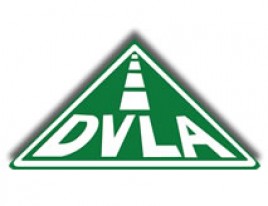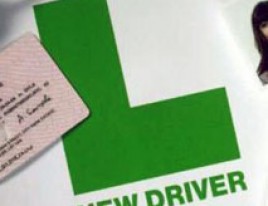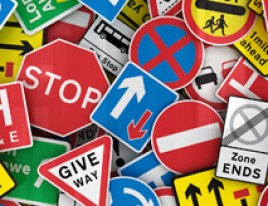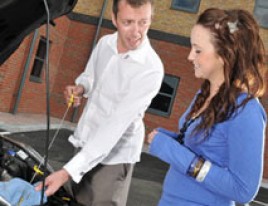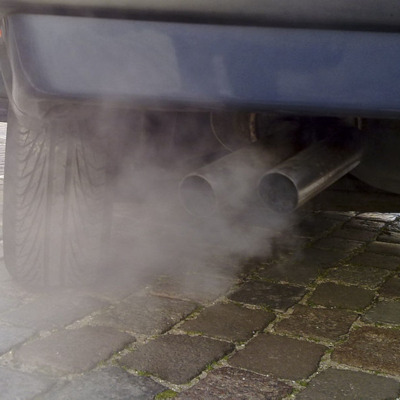
Learner Drivers | Environmental driving
At Mitchells school of motoring we are committed to teaching people to drive efficiently. There are lots of small changes you can make to your driving style/lifestyle that will save money as well as the environment.
Some tips for economical and eco-friendly driving:
- Planning ahead makes you more aware of hazards. It also helps you to drive smoothly and economically. Anticipate the need to slow down early and ease off the accelerator. This will reduce the need for the footbrake.
- Keep your cruising speed constant. Constant accelerating and then braking will use more fuel.
- Fuel consumption is poorer at low and high speeds. Driving at less than 15mph or more than 60mph creates the most carbon dioxide.
- Don't fill your fuel tank to the top, you will be carrying extra weight, reducing fuel efficiency.
- Check tyre pressures regularly. This will minimize tread wear and fuel consumption.
- Air conditioning will keep the car nice and cool in hot weather but it also increases fuel consumption by approximately 10%. Only use it if necessary.
- Regular servicing maintains engine efficiency and economy.
- Minimize wind resistance. Remove roof racks, roof boxes or bike carriers when not in use. Open windows will also increase drag. Avoid heavy accessories and unnecessary boot luggage.
- Try to avoid using your car for short journeys. Use public transport, ride a bike or walk. Think about car sharing.
- Select the correct gear at the correct time. Don't change up the gear too early as the car will struggle but don't leave it late and over rev the engine. Smooth gear changes while steadily increasing the speed will be most fuel efficient.
- Plan ahead. If you take a longer route, or worse get lost, you will use more fuel.
- If you are stuck in traffic or just have a long wait (2 minutes or more) turn off the engine.
Diesel or Petrol?
Diesel engines generally give better fuel economy than petrol ones. However that doesn't necessarily mean you will save money.
Most diesel cars cost more to buy than petrol cars.
Diesel is currently more expensive than unleaded by approximately 8 pence per litre, also diesel cars usually require more frequent oil changes.
These factors all add to the running costs meaning that you will probably need to drive about 20,000 miles a year to offset the savings made by better fuel economy.
Manufacturers are making very economical small petrol engines these days, so the difference compared to diesel consumption is much less.
However, smaller-engined cars have to work much harder to maintain higher speeds, so they may not be a good choice for drivers who regularly make long motorway journeys.




